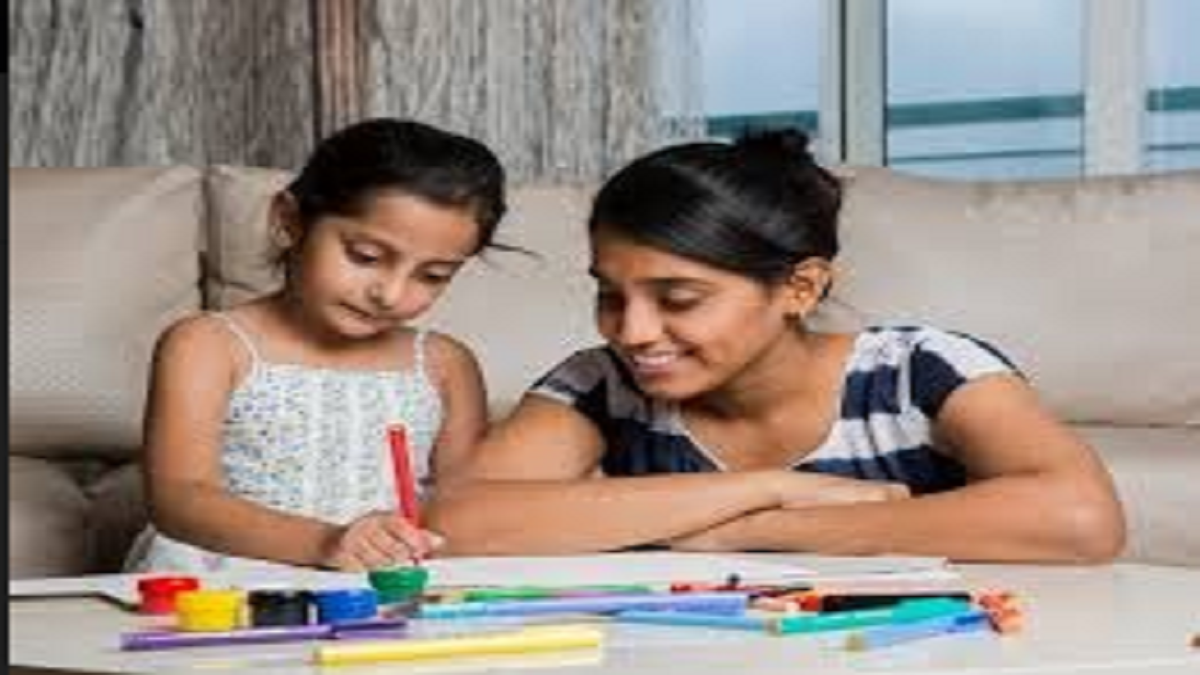


Many parents are contemplating continuing a large part of their children’s education from home. The profile of such parents is mostly urban, educated, well-informed and economically stable. But then there is another set of parents which belongs to one or more of the following categories: Rural, uneducated, less aware or economically downtrodden, and don’t even seem to have a word in this debate.
Whichever group the parent belongs, one thing is for sure: That if it is a question of choosing between ‘life’ and ‘education’, all parents will choose the former. More and more parents are considering the homeschooling option because they have accepted the reality that the present and after effects of Covid-19 are going to be long term.
Before parents begin to play their role in strategising for homeschooling, they must first understand the needs of their child’. When parents send their children to school, they often stop making efforts towards understanding the child because they believe that is the teacher’s job. So, for school going children the relationship between parents and children becomes very functional where parents are not necessarily part of their learning journey but only ‘assessors’ of their progress. Home schooling will require parents to actively explore and uncover what their child already knows, what their child needs to know in this academic year and what is the best method of teachinglearning for that. Home schooling will begin with ‘educating the parent’. However, here are some points to keep in mind to ensure school-like learning for the learners at home.
• Creating a home environment which focuses on domestic peace and harmony will help children feel secure and comfortable to continue their learning journey from home. Children should not have any fear or anxiety that is caused due to adult differences at home since such situations can disorient and dishearten them.
• Parents must ensure that an atmosphere of love and belonging is established at home so that children do not miss their loving teachers and friends at school as much. This can be ensured only if parents spend time building a genuine ‘connect’ with their children through kindness.
• Recognise and appreciate your children with a sense of understanding that they are trying to do their best in the given circumstances. This will boost their self-esteem and help them feel that their parents understand them.
• Parents must continue to show their solidarity to schools by paying the fee. Funds are required to make necessary infrastructural changes so that the schools become ‘safe’ places for children to return and also there are costs involved in training teachers for the various online teaching approaches. • Parents may be rightly upset about the quality of these online classes, not so much due to the lack of passion in teachers but more so due to a flawed teacher training system. Give the teachers some time, who are working round the clock to upgrade their technological skills.
• Be the invigilators for assignments and exams for your children at home. This is a difficult time and a time which requires the parents to put in a lot of effort, over and above their jobs and household duties.
On this journey of homeschooling parents will find themselves going through the joys and sorrows of it all. The ups will look something like this; parents will be able to design time-tables as per their convenience, enjoy being creative and teach concepts in a fun way, interlink their children’s conceptual understanding with family values and use this phase of life for ‘family-bonding’. The lows will look something like this; parents may experience exhaustion from being around children all day, ‘me time’ slowly disappearing, etc.
Challenging times call for innovative solutions.
The author is an independent educationist.